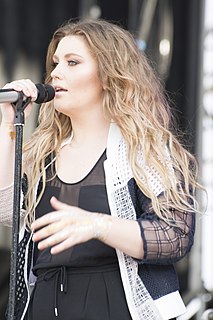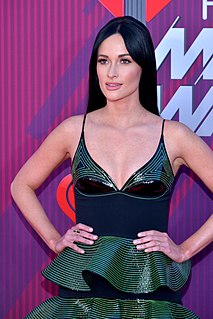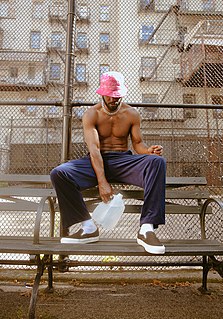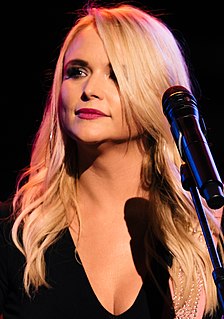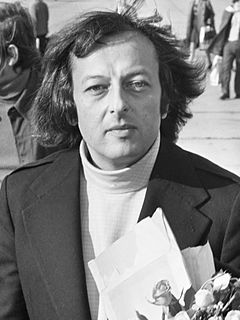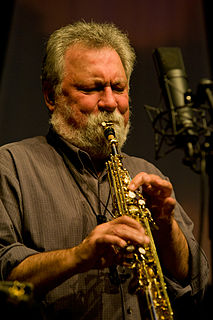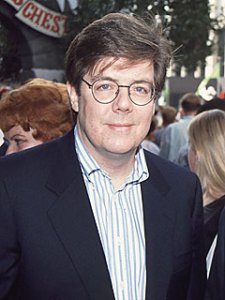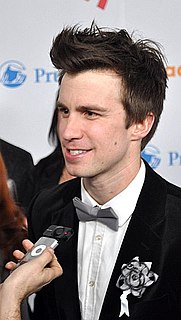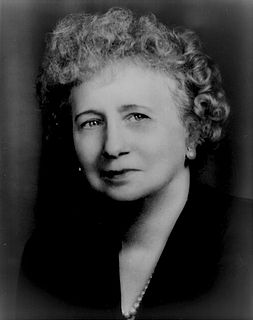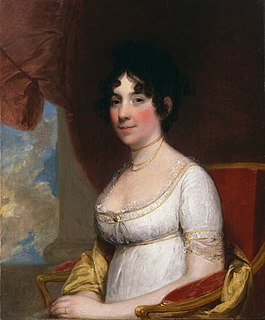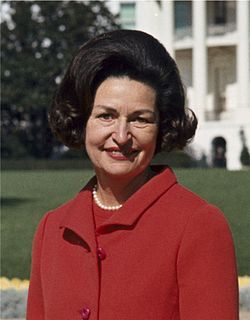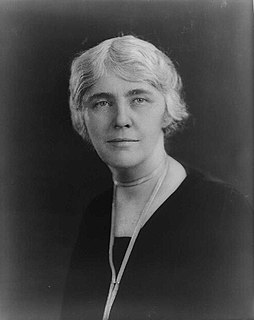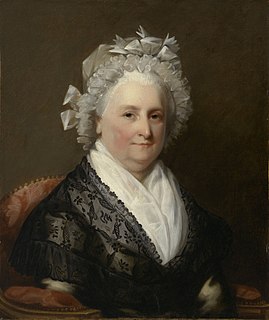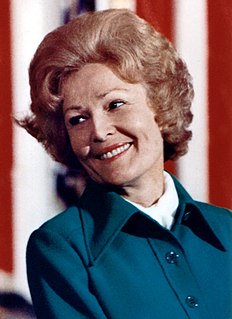A Quote by Michelle Obama
Today Jazz music is performed & listened to by people of all ethnicity, backgrounds, ages & creeds.
Related Quotes
I listened to classical music. I listened to jazz. I listened to everything. And I started becoming interested in the sounds of jazz. And I went to a concert of Jazz at the Philharmonic when we lived in Omaha, Nebraska, and I saw Charlie Parker play and Billie Holiday sing and Lester Young play, and that did it. I said, 'That's what I want to do.'
For me, let's keep jazz as folk music. Let's not make jazz classical music. Let's keep it as street music, as people's everyday-life music. Let's see jazz musicians continue to use the materials, the tools, the spirit of the actual time that they're living in, as what they build their lives as musicians around.
The average age of the Jazz audience is increasing rapidly. Rapidly enough to suggest that there is no replacement among young people. Young people aren't starting to listen to Jazz and carrying it along in their lives with them. Jazz is becoming more like Classical music in terms of its relationship to the audience. And just a Classical music is grappling with the problem of audience development, so is Jazz grappling with this problem. I believe, deeply that Jazz is still a very vital music that has much to say to ordinary people. But it has to be systematic about getting out the message.



